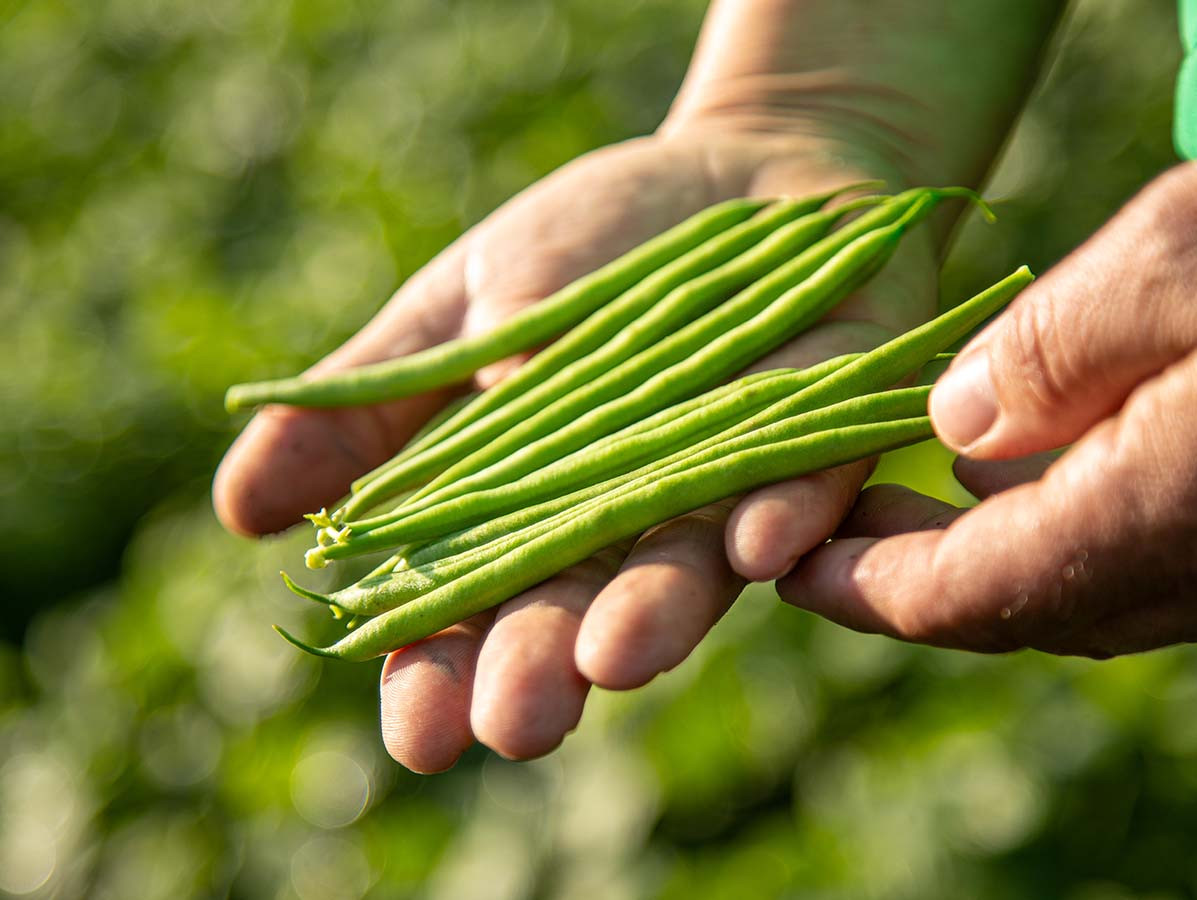
This harvest season, HAK is transitioning to fully organic green beans sourced from Dutch soil. This move is part of the broader ambition of the vegetable and legume producer to cultivate all its local products organically by 2027. The first organic green beans will hit supermarket shelves this autumn, replacing the conventionally grown variety. This follows the company’s introduction of organic beets last year. Later this year, organic kale and sauerkraut will also be available.
The organic green beans are being grown in regions including North Brabant, where the harvest has been successful despite a wet spring. Organic farming brings several benefits, such as the use of mechanical weed control and the avoidance of chemical pesticides. Furthermore, leguminous crops like green beans enhance soil fertility by capturing nitrogen from the air. This sustainable cultivation method aligns with HAK's goals to improve soil health and reduce environmental impact.
However, organic farming also faces challenges. Growing crops becomes riskier due to pests like the bean fly, an increasing issue in the sector. Innovations, such as the use of robotics, could offer solutions, though these investments can be expensive. According to HAK's Purchasing and Agriculture Director, Joachim Nieuwhoff, collaboration between farmers is essential to making these innovations a reality and ensuring the long-term sustainability of agriculture. HAK also ensures that the additional costs of organic green beans are not passed on to consumers, keeping organic products affordable.
Source: HAK